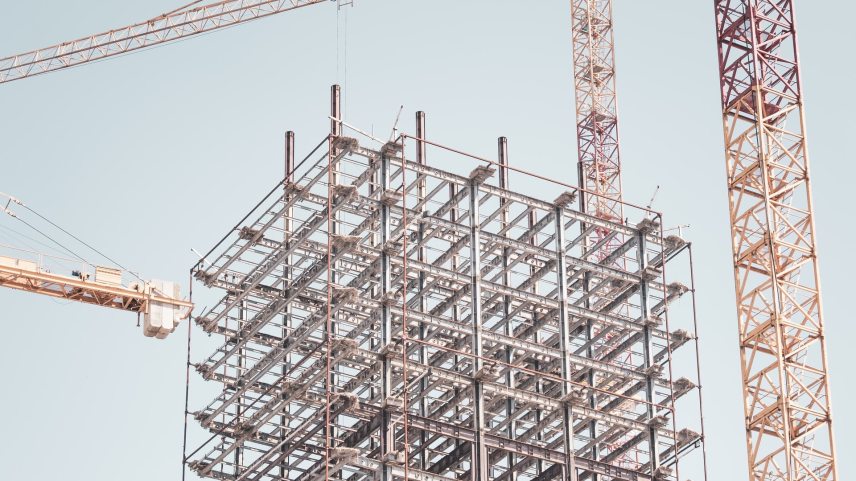Construction of new housing supply suffered a mild setback, but remains historically elevated. Canada Mortgage and Housing Corporation (CMHC) data shows new home starts fell in June. The drop was only slight, with the number of units still much higher than anything seen in the 2000s or 2010s. Big cities like Toronto and Vancouver even managed to buck the trend, seeing starts rise.
Canadian New Home Starts Fell Slightly From Last Year
Canadian housing starts fell slightly compared to last month. New starts seasonally adjusted at the annual rate (SAAR) hit 273,800 in June, down 3% (-8,300) units from a month before. The number is also down 1.6% (-4,500) from the same month last year, which is better than many likely expected. Interest rates were at a record low last year, helping to boost demand.
Canada Is Still Building Many More Homes Than Pre-2020
Despite the drop, the level of building activity is much higher than it was pre-2020. “The monthly SAAR was lower in June compared to May; however, the level of housing starts activity in Canada remains historically high and well above 200,000 units since 2020,” said Bob Dugan, CMHC’s Chief Economist.
Canada Has Seen Housing Starts Fall, But Activity Remains Elevated
The seasonally adjusted annual rate of new housing starts across Canada.
Source: Statistics Canada; Better Dwelling
As you can see above, Dugan’s calling a very clear trend of elevated building. Since June 2020, starts launched way above typical levels as low rates sparked a builder boom. The current pace is about 27% higher than the median SAAR for June over the past 10 years.
Toronto and Vancouver Were Notable Exceptions, With New Home Starts Rising Even Further
The housing boom isn’t just occurring in small cities and suburban markets, but the big two have seen a boost as well. Toronto CMA saw the SAAR of starts climb to 49,900 units in June, up 27% from a month before. Vancouver CMA jumped to 32,400 units, up 32% from the month before.
“Vancouver, Toronto and Montreal all recorded higher total SAAR starts, driven by higher multi-unit starts except for Montreal where single-detached starts posted a higher increase,” explained Dugan.
Overall new housing projects are still getting started at a much more brisk pace than Canada is used to. This is expected to moderate, as existing-home sales fall along with demand for pre-construction. Even Toronto, considered a high-demand market, has seen soft purchasing at these prices.

A lot of these projects have been planned for years some short term projects might get cancelled for costs. But housing start slowdowns wont reflect till at least 2023.
Not totally the case. A lot of these projects have variable rate loans to fund development and they can become cost ineffective at these prices to produce if the land value drops more than the cost of materials have been.
Failing to close is going to be another issue. There’s a reason so many pre-sale projects have been cancelled or delayed indefinitely.